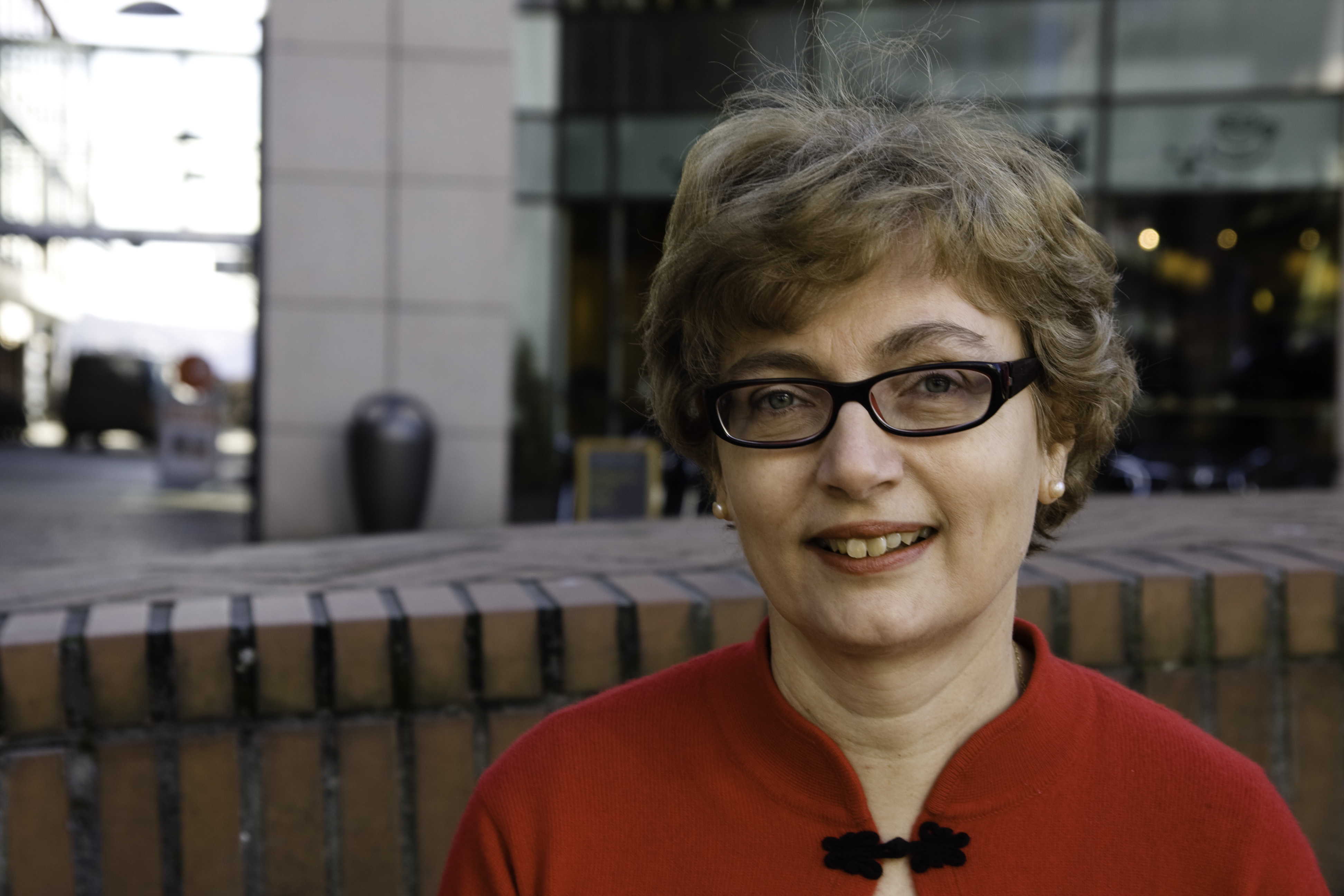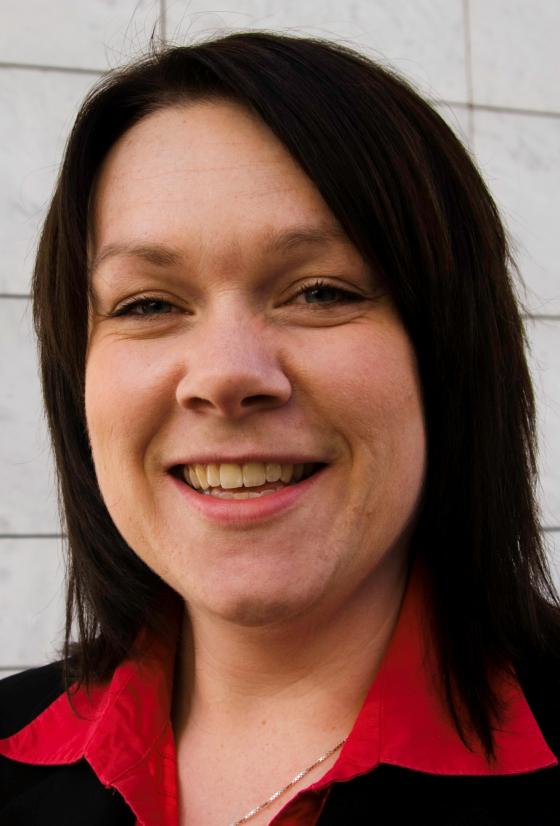No earmarking of posts
In November last year Tora Aasland promised to implement earmarking of temporary posts for women. Now the Efta Surveillance Authority (ESA) has put a stop to these plans.
"Earmarking will be reintroduced in 2009," Minister of Education and Research Tora Aasland said in early September last year.
But now the politicians have made a U-turn: In her opening speech at the conference (E)QUALITY 2009 on quality and gender equality in research, State Secretary Åsa Elvik from the Ministry of Education and Research stated that the plans have been changed.
"We have been working to get the ESA in Brussels to determine which measures we can implement without violating the EU’s non-discrimination law. The Government wanted to earmark posts for women, but the ESA will not accept any arrangements which exclude one of the genders," she says.
Will find alternatives
The Ministry of Education and Research is therefore considering alternative measures in order to finance academic posts reserved for women.
"We want to introduce incentives to increase the number of women in leading academic posts within the MNT subjects," Elvik said.
The MNT subjects include mathematics, natural science and technology. The State Secretary presented an arrangement in which universities and university colleges will receive a certain amount of money when they appoint a woman to such a position. That way, the institution is rewarded, but the women’s salary is not subsidized.
The Ministry also wants to implement qualification measures, and Elvik referred to a NIFU STEP report which states that women are less involved in international collaboration and peer review than men.
"Less international collaboration among female researchers places them at a disadvantage with regard to the quality criteria that are considered important in academia, both among their peers and according to the current research policy," she said.
Massive support for earmarking
The Committee for Mainstreaming – Women in Science has on a number of occasions promoted earmarking of posts. Last year, the Ministry of Education and Research asked the committee to draw up some suggestions for measures that can improve women’s chances of acquiring research posts and measures that will encourage women to choose a career in science. The committee then recommended the use of moderate gender quotas and earmarking of permanent and temporary posts for female researchers.
In the past, Norway had professorships earmarked for women, but the ESA banned this measure in 2003. After some changes in EU law the National Union of Students in Norway called for a reintroduction of earmarking, and the rectors at the universities of Oslo and Bergen agreed.
"The University of Oslo is a firm believer in and advocate of earmarking of posts as a measure to achieve a better gender balance in academia. We hope that the Ministry of Education and Research soon will address this matter. The university will start looking at how earmarked posts best can be used to improve the gender balance," said Geir Ellingsrud, Rector at the University of Oslo.
It turns out that the ESA will not allow the use of earmarking for temporary posts, but Åsa Elvik says that they will not completely discard their plans.
"We will continue to work politically," is her message to the website Women in Science Norway.
Against the use of quotas
Anneli Pauli is Deputy Director-General of DG Research in the European Commission. She participated at the (E)QUALITY 2009 conference and talked to the Resource Bank about the EU Commission’s position on earmarking.
"The commission does not support the use of quotas. We believe in voluntary measures, motivation and changing attitudes," she says.

But Pauli emphasizes that the commission takes the member states’ opinions seriously and that political pressure might make a difference. "The commission listens to what its member states say. We need good examples that we can learn from."
She thinks Norway’s experience with the use of quotas in the private sector is interesting.
"The commission watches the effects of this work. If the private sector signals that the quotas are useful it may make this measure more acceptable in general," she says.
She has herself had positive experiences with the use of quotas in other situations.
"In the mid-1980s Finland introduced a gender equality act. I felt then that earmarking was an important measure. I worked at the Ministry of the Environment and I was often in charge of appointing groups and committees. We were forced to find women, and as there were few female CEOs we had to be thorough in our search. Many of the women we found had never served on these types of committees, and this gave them experience which helped them climb the career ladder. They broke the glass ceiling and prepared the ground for other women," she says.
Translated by Vigdis Isachsen
